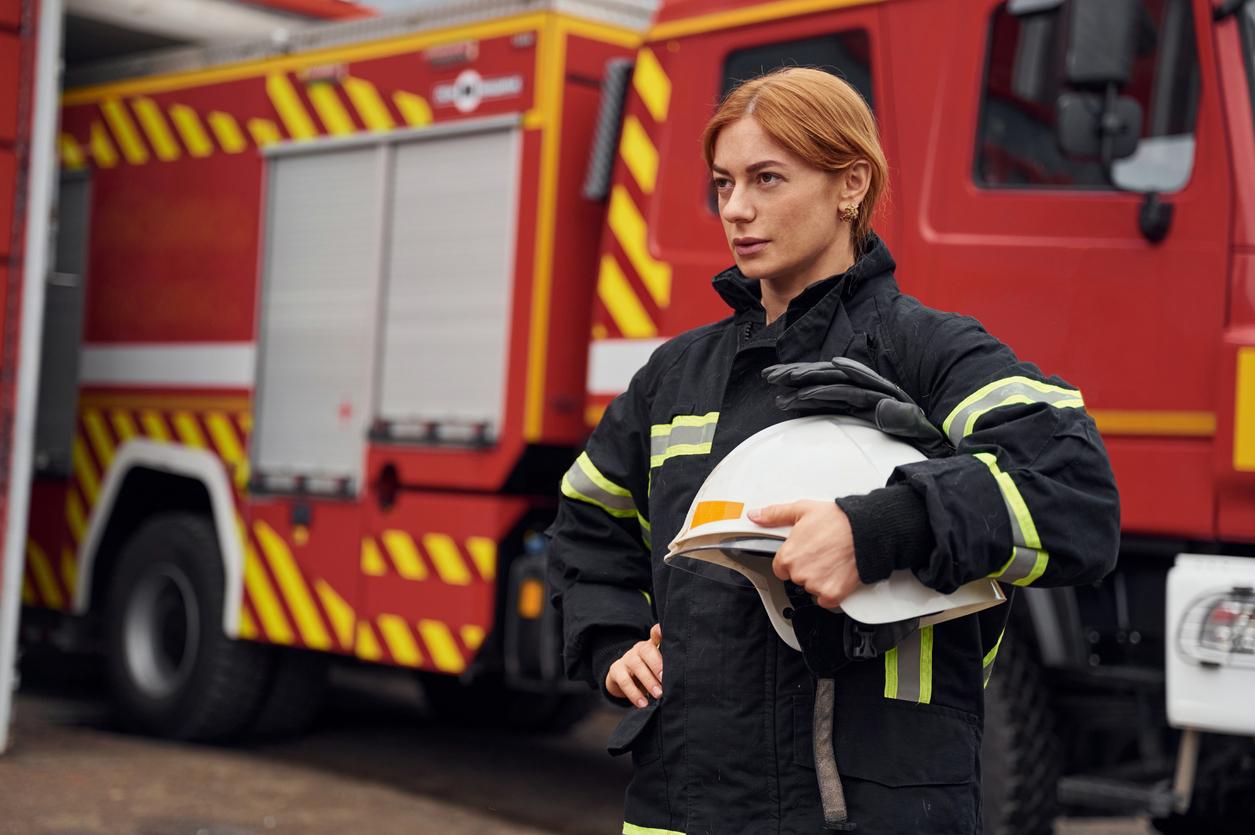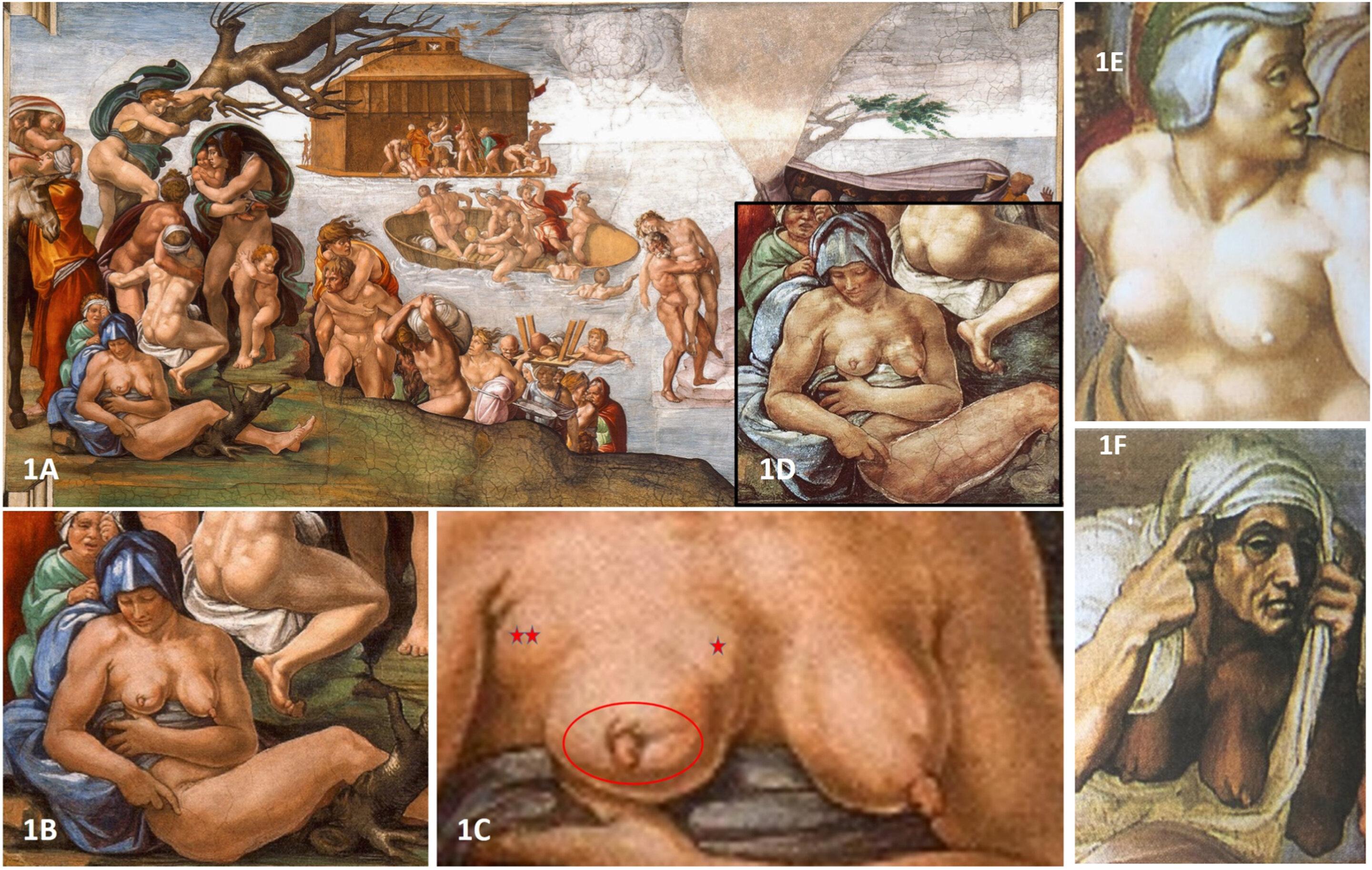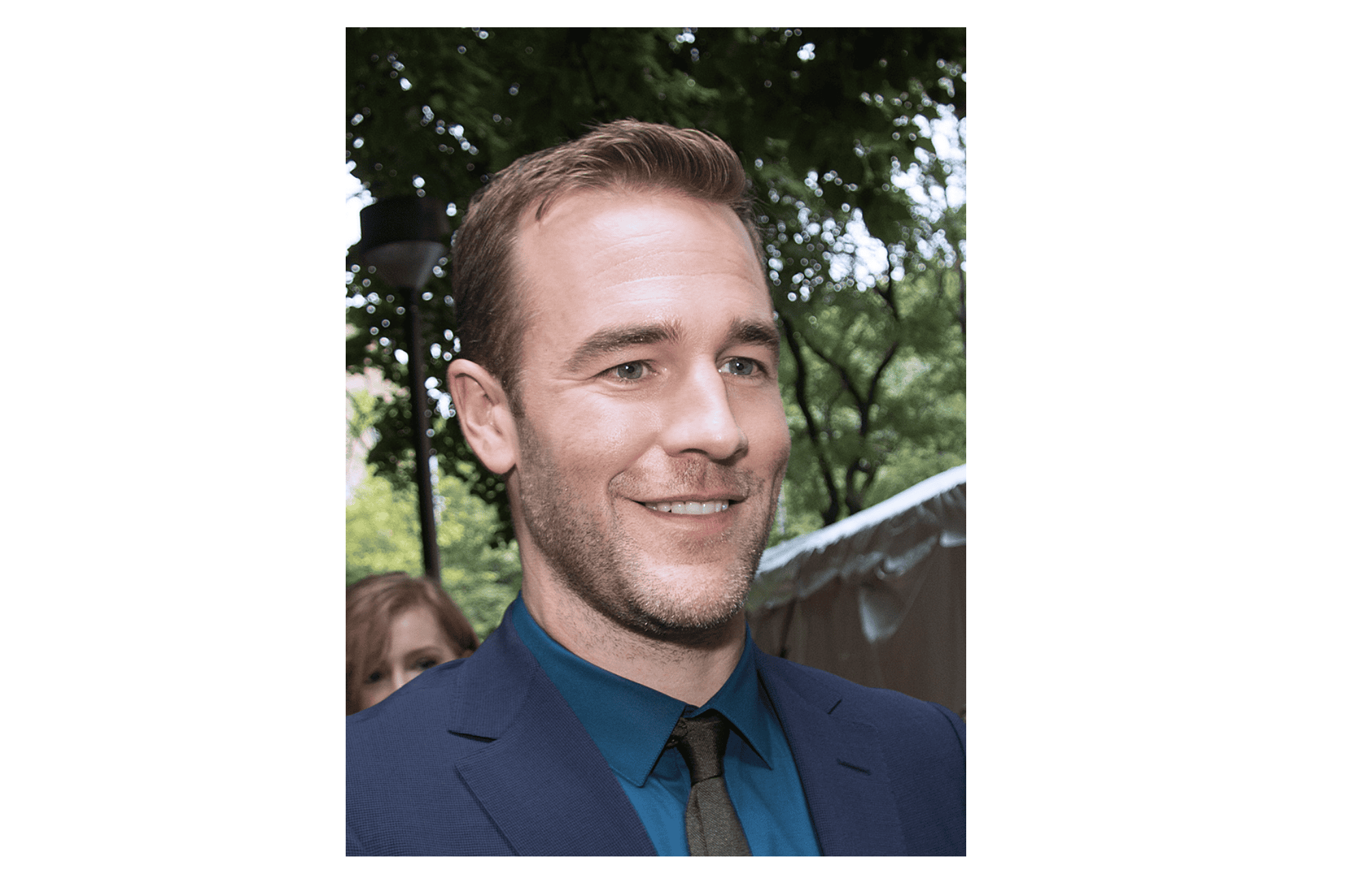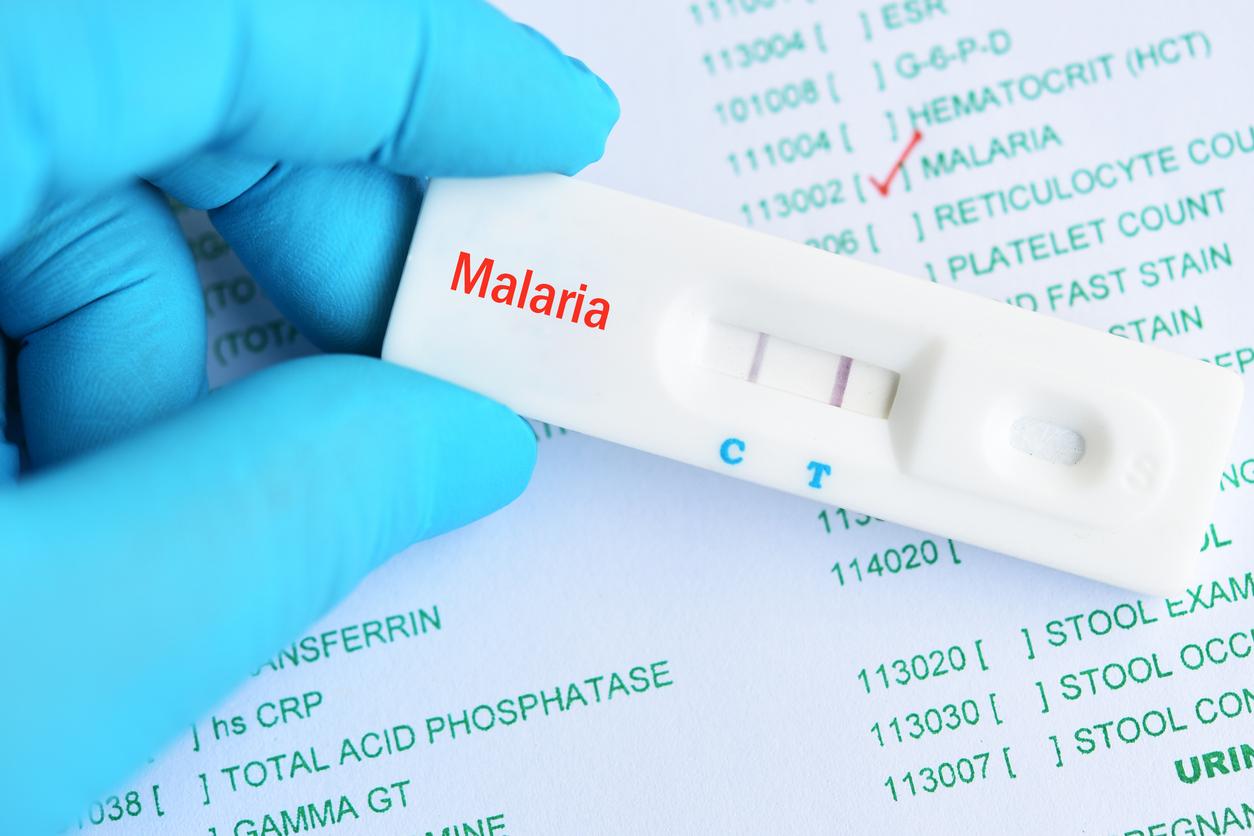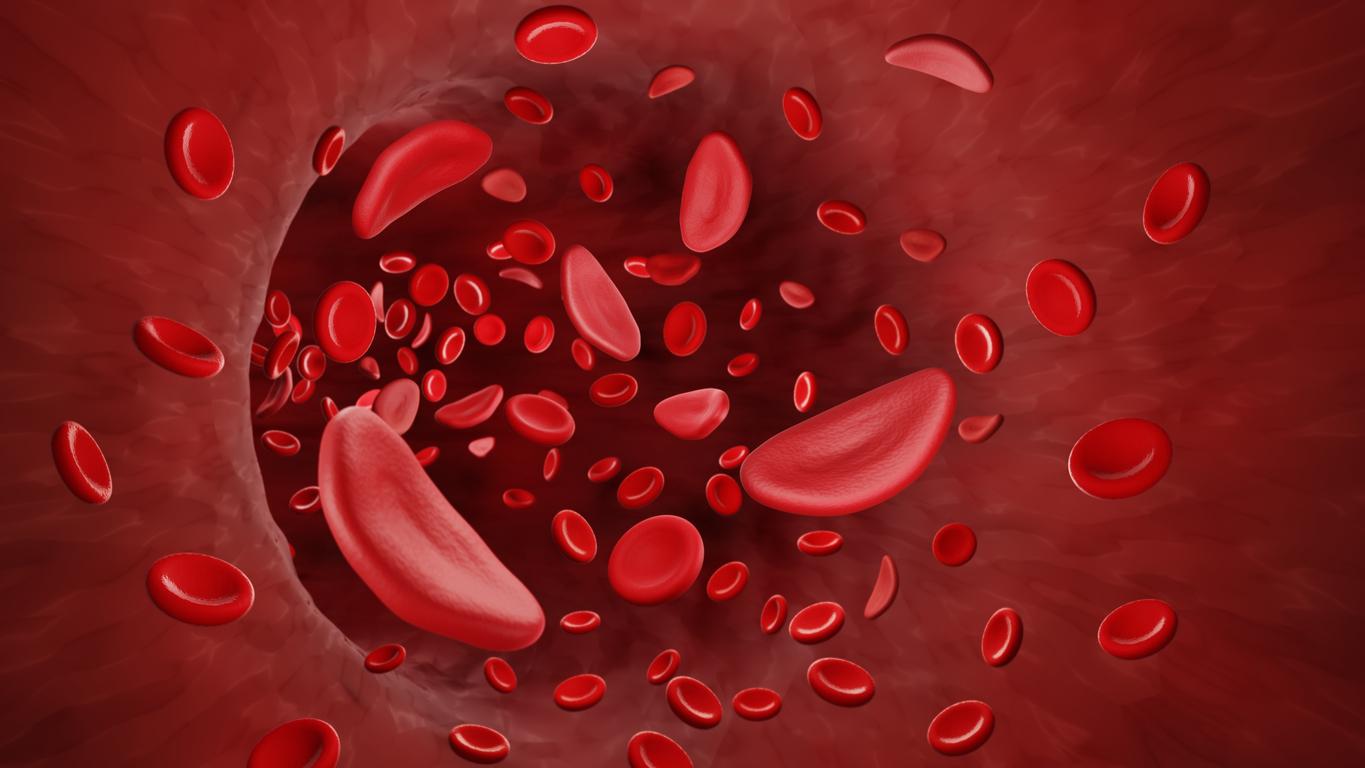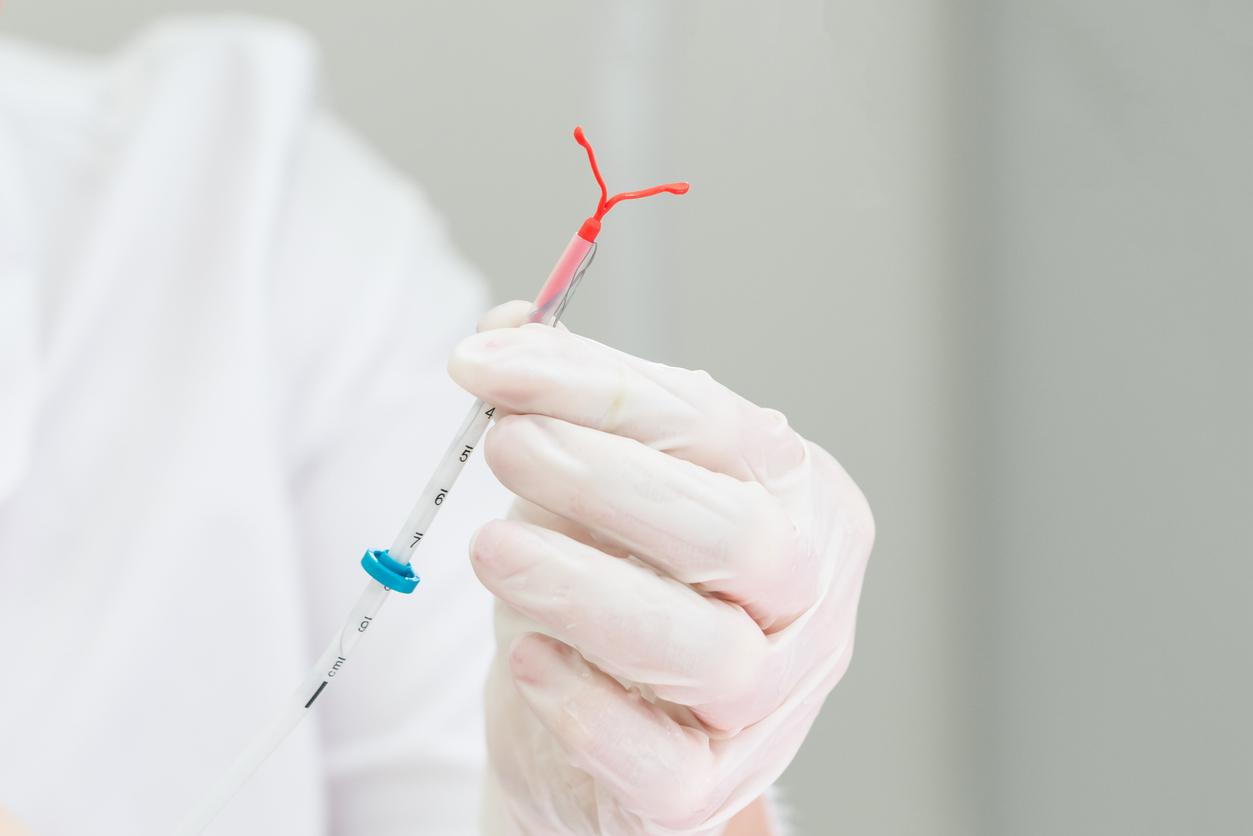As part of the renovation of organized screening, INCa has designed a new, more comprehensive information booklet which presents the benefits and risks of this examination.
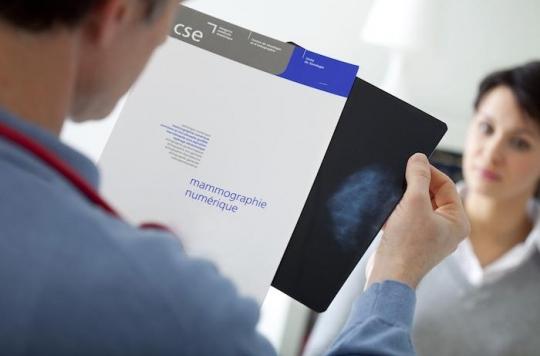
The overhaul of organized breast cancer screening is underway. The National Cancer Institute (INCa) presented this Wednesday morning the new information booklet that will be sent to women aged 50 to 74 invited to participate in the screening program.
“This year is the year in which the information provided to women on this screening has been updated,” declared Pr Norbert Ifrah, president of INCa. This document was designed as a tool for dialogue between women and their attending physician or gynecologist. “
Objective information
This booklet was written at the end of the citizen and scientific consultation launched in 2015. The women who participated in these discussions highlighted a lack of information but also an inequality of access to information on the territory. . A lack of awareness and knowledge that would have fueled a certain mistrust around breast cancer screening.
In fact, since 2008, barely half of women invited to have a mammogram go to a radiology center.
For INCa, providing more complete and more neutral information on this examination was an essential step in regaining the confidence of women, but also “allowing them to make an informed choice”, explained Dr Jérôme Viguier, director of the research center. INCa public health. So from the first page of the booklet, INCa plays fair: “Like any medical act, screening has benefits but also limits. It is natural that you wonder about this. “
Presentation of the risks of screening
Throughout the 12 pages of this document, the institution takes the time to answer questions about this cancer, which affects 54,000 women each year, and discusses the controversies surrounding the examination. “It thus addresses the risk of false positives, overdiagnosis, overtreatment and induced cancers,” said Dr Viguier.
Another novelty: the information booklet presents, step by step, the progress of the organized screening, without forgetting to mention what follows in the event of detection of cancerous lesions.
A translated and adapted booklet
Although this booklet is more comprehensive than the leaflet, INCa recognizes that women may still be reluctant to be screened. A double page at the end of the document allows them to list their questions or remarks and invites them to talk about it with a health professional. INCa also hopes to receive feedback from women targeted for screening. “This booklet is not set in stone,” repeated the president of the institution.
In addition, it is expected that this booklet will be translated very soon to reduce social and territorial inequalities in access to information. It will also be suitable for people with disabilities, whether physical or mental.
Improvements in radiology centers have also been announced. “This is a project on which we will be mobilized in 2018, because accessing a radiology practice when you are in a wheelchair or maintain a posture during the mammogram or understand that one must compress a breast when one is deficient mind is complicated, ”said Dr. Viguier.
.









